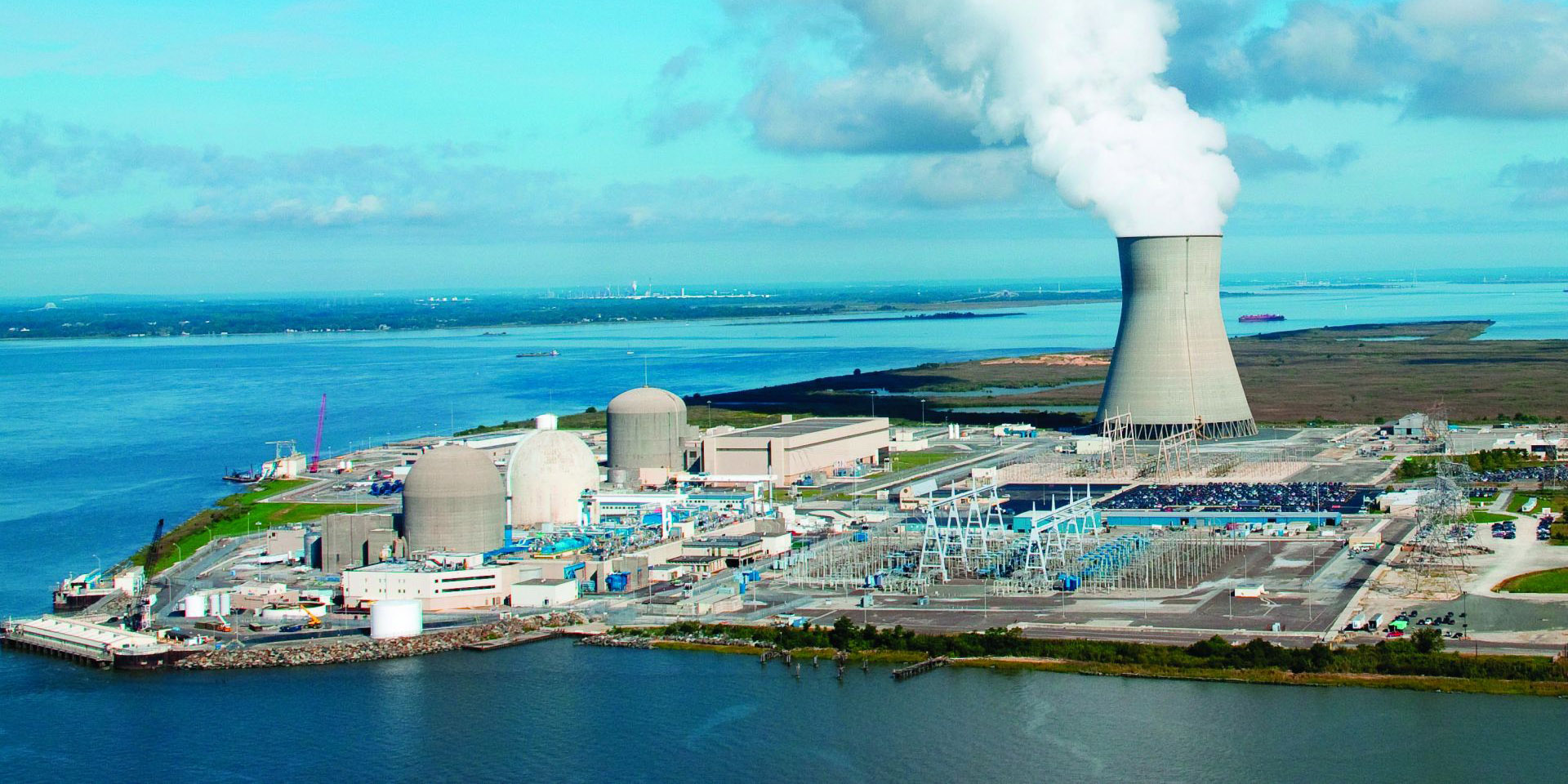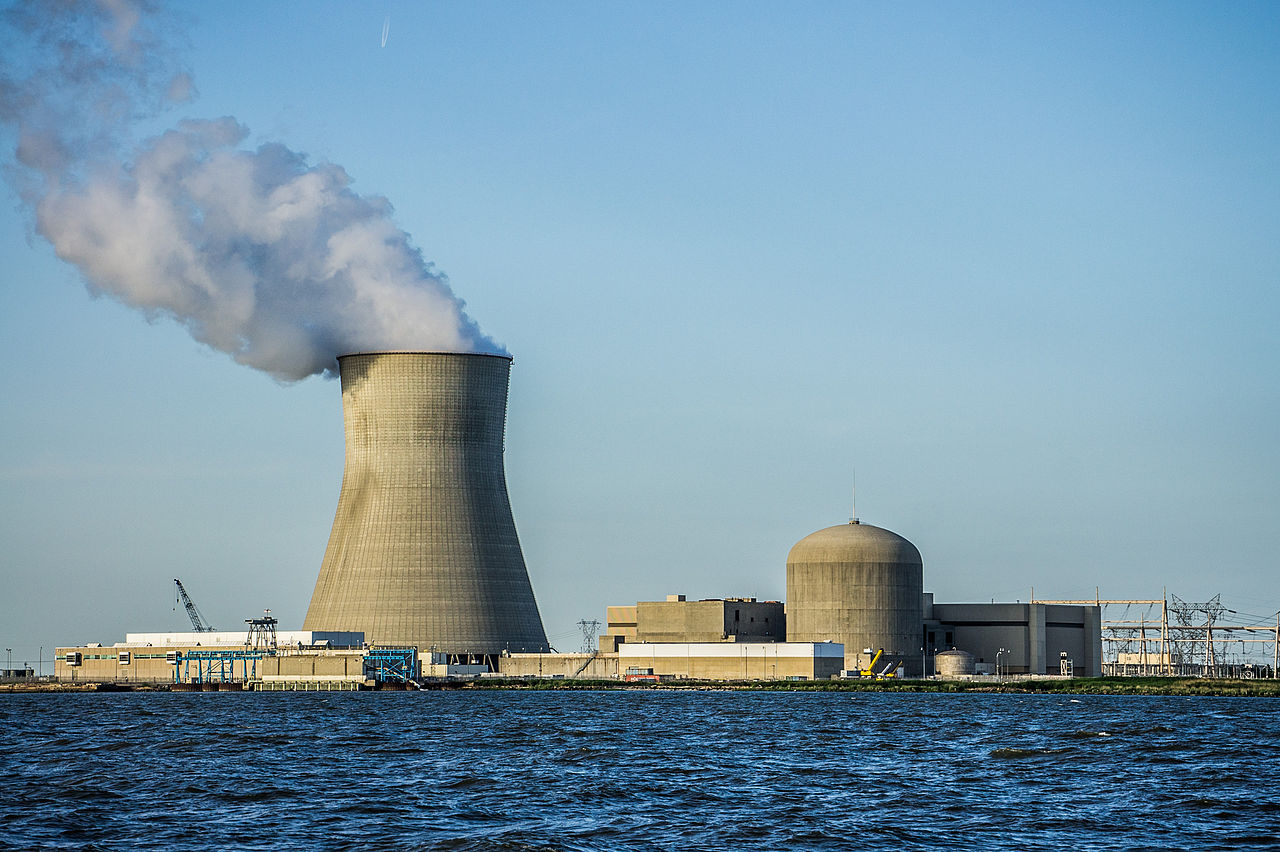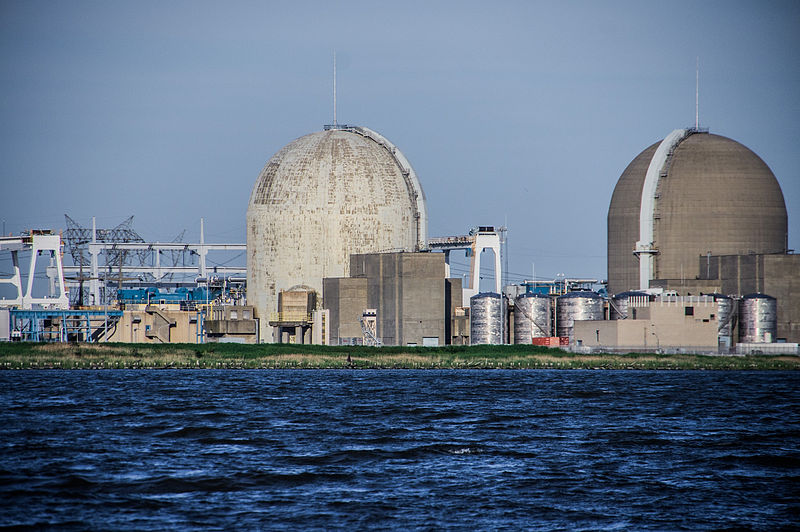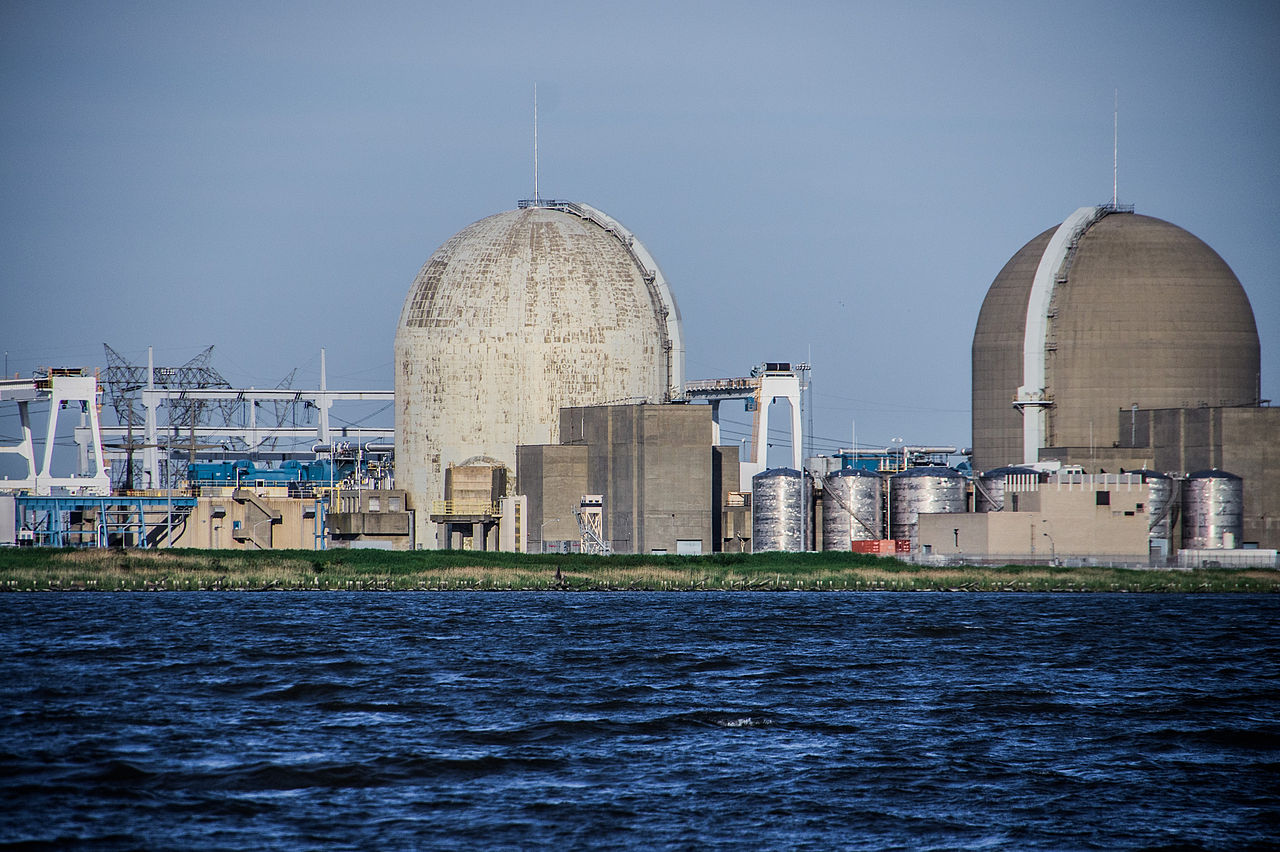The Hope Creek and Salem nuclear power plants. (Photo: PSE&G)
PSEG Nuclear LLC announced this week it will pursue subsequent license extensions to keep the three reactors at its Hope Creek and Salem plants operating for an additional 20 years. Both plants had been granted initial life extensions years ago by the Nuclear Regulatory Commission, Salem-1 and -2 on June 30, 2011, and Hope Creek on July 20, 2011.
Hope Creek nuclear power station.
In the latest step toward its recently stated goal of achieving net-zero carbon emissions by 2030, Newark, N.J.–based Public Service Enterprise Group, owner of the Hope Creek and Salem nuclear plants, has entered into an agreement to sell its 6,750-MW fossil generating portfolio to newly formed subsidiaries of ArcLight Energy Partners Fund VII—a fund controlled by ArcLight Capital Partners. (ArcLight Capital is a Boston-based private equity firm, founded in 2001 and focused on energy infrastructure investments.) The $1.92 billion deal, announced by PSEG on August 12, is expected to be completed late in the fourth quarter of 2021 or the first quarter of 2022.
The Salem nuclear power plant. (Photo: Peretzp)
In the latest legal action over the New Jersey Board of Public Utilities’ (BPU) April 2019 order providing subsidies to the Hope Creek and Salem nuclear plants, the state’s Supreme Court has declined to hear an appeal.
The Hope Creek nuclear power plant
New Jersey’s Public Service Enterprise Group has announced its intention to achieve net-zero emissions by 2030, shaving two decades off its previously announced target date of 2050. PSEG is owner of the Hope Creek nuclear plant and is co-owner, with Exelon, of the Salem plant.
The Hope Creek nuclear power plant. Photo: Peretzp
New Jersey’s Board of Public Utilities (BPU) yesterday voted unanimously to extend, for an additional three years, the zero emission certificate (ZEC) program benefitting the state’s two operating nuclear power plants, Hope Creek and Salem. The two facilities produce more than 90 percent of New Jersey’s carbon-free electricity and about 40 percent of its overall power.
Salem Nuclear Power Plant as photographed from Delaware Bay.
When a nuclear power plant closes, here is what happens:
Thousands of people lose their jobs. The local economy nosedives. Air pollution increases. Reliance on natural gas, often bought from out-of-state, goes up. Electricity on the grid becomes less reliable with the loss of the most reliable source of power. And electric prices can even rise.






